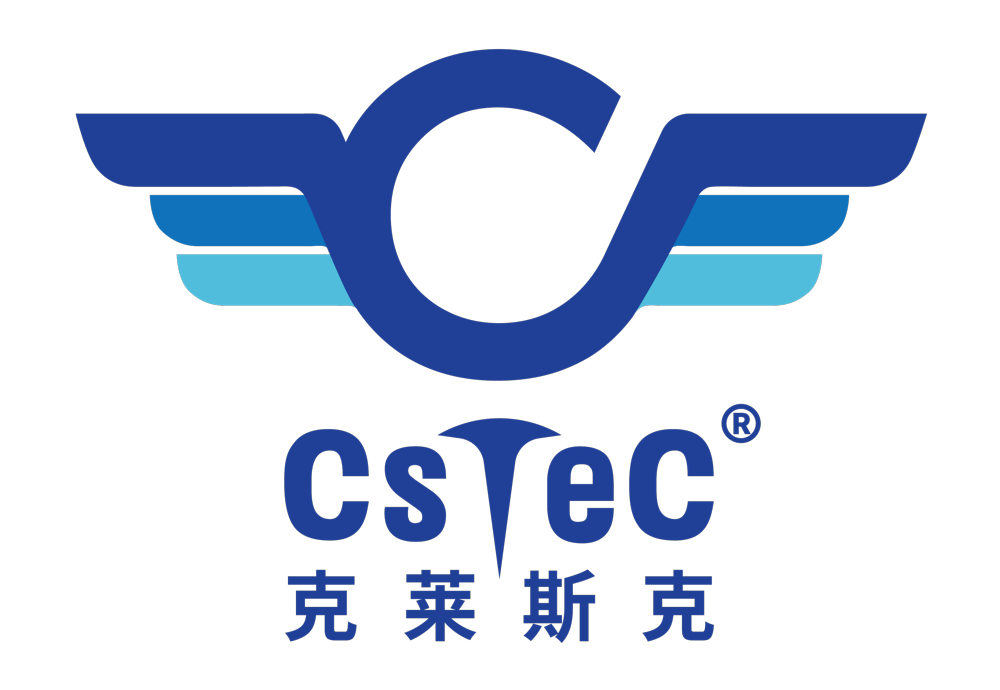

The common formulas of drilling operations
(A) pump conditions – the maximum allowable output power of the pump
N allowable pump=N amount ×η machine ×η capacity
N allowable pump – the maximum allowable output power of the pump (horsepower)
N amount – pump rated power (horsepower)
η machine – Mechanical efficiency (80%-85%)
η volumetric efficiency (80%)
(2) the practical power of the pump
N Real – practical pump power (horsepower)
P Total — total pump pressure (kg/cm2)
Q — Displacement (L/s)
(3) Pressure distribution relationship
P total =P cycle +P nozzle (kg/cm2)
P cycle — Circulation system pressure loss (kg/cm2)
P nozzle — nozzle pressure drop (kg/cm2)
(4) Nozzle pressure drop
P port =0.82ρQ2
C2de4(kg/cm2)
ρ — mud density (g/cm3)
C — Flow coefficient (0.95-0.985)
de — Equivalent diameter of nozzle (cm)
Q — Displacement (L/S)
(5) Circulation system pressure loss
P cycle =KρQ2(kg/cm2)
K= pressure loss coefficient
ρ — mud density (g/cm3)
(6) nozzle water power
N mouth =0.11ρQ3
2de4 (horsepower)
(7) Injection speed
V tip =12.74CQ
de2(m/s)
(8) Jet impact force
F punch = nρF0v2 port (N)
n – Number of nozzles
ρ — mud density (g/cm3)
f0 — cross-sectional area of each nozzle (cm2)
V2 nozzle — Nozzle velocity (m/s)
(9) Return speed
V back =12.74Q
D2 Well -D2 Pole (m/s)
V return — return speed (m/s)
Q — Displacement (L/S)
D Well — Diameter (cm)
D rod — Outside diameter of drill rod (cm)
Second, various formation pressures
(1) Pore pressure
Pp = Dv Wf * * (0.1 kg/cm2)
Wf — Average horizontal density (kg/m3)
Dv — the vertical height from this point to the horizontal plane (m)
(2) hydrostatic column pressure
Ph = 0.1 rho H
(3) Overburden pressure
Po=0.1H(1-K)rm+Kρ
H — Vertical depth (m)
K — Rock porosity (%)
rm — specific gravity of rock matrix (g/cm3)
ρ — specific gravity of fluid in rock porosity (g/cm3)
- Basic killing data
(1) Shut-in riser pressure: Pd
Pd+Pmd=Pp=Pa+Pma
Pd – shut-in riser pressure
Pmd – mud column pressure in drill pipe
Pp – Formation pressure
Pa — shut-in casing pressure
Pma – Pressure of invaded mud column in annulus
Pp = Pd + 0.1 rho H
H — Well depth (m)
(2) The new proportion of mud required for killing the well
Rho ml = 10 + Pc (Pp)
H (g/cm3)
Pp — Formation fluid pressure (g/cm2)
Pe – Additional pressure
(3) Total riser pressure Pt during kill cycle
Pt=Pd+Pc+Pe
Pd – shut-in riser pressure
Pc – Pump pressure during small displacement cycle
Pe – Additional pressure
(4) Find the initial circulation pressure Pti
Pti=Pd+Pci+Pe
Pci – Riser circulation pressure at different discharge rates
(5) Final circulation pressure Pcf
Pcf=rml*Pei
rm (kg/cm2)
rml — Kill mud weight (g/cm3)
rm – specific gravity of the pump
Pei — circulating riser pressure at different displacement (kg/cm2)
Four, mud commonly used calculation formula
(1) Calculation of mud quantity in the well
V = PI / 4 d2h (m3)
D — Well diameter (m)
H — Well depth (m)
(2) Calculation of the clay and water amount required for mixing mud
W soil =V soil *V mud (r mud -r water)
r soil -r water (tons)
Q water =V mud -W soil /r soil (m3)
V Mud – Mud required (m3)
r Water — specific gravity of water (g/cm3)
r Specific gravity of soil – clay (g/cm3)
r Mud – specific gravity of mud (g/cm3)
(3) Calculation of dosage of aggravating agent
W plus =r plus V (r over -r)
r plus -r weight
r plus — weight of the weight (g/cm3)
r weight – weighted mud weight (g/cm3)
r – Mud weight before weight (g/cm3)
Original V – Mud volume before weight (m3)
(4) Cycle time calculation
T= (V well -V column) /60Q pump (min)
Well V – Well volume (L)
V-string — Drill string volume (L)
Q Pump — Mud pump capacity (L/S)
(5) Upward speed of oil and gas
V=(H oil -H bit t/t delay)/t static
H oil – depth of oil and gas reservoir
H Drill bit – the depth at which the drill bit circulates the mud
t delay – The delay time of the well depth (H bit) m
t — Time from pump start to oil and gas display
t rest — rest time (hours)
V. Others
(1) Full angular change rate
Dogleg Angle omega =√a12+a22-2a1a2cos△ phi
Cosine omega = cosa1 * cosa2 + sina1sina2cos delta ф
Borehole curvature
Omega = K * 30 / omega
a1a2 – Angle of inclination at two points
Phi — the change in orientation of two points
(2) Card point calculation
L=K (e/p) (m)
K – Calculation coefficient
e — Average elongation of drill pipe during continuous lifting (cm)
p — The average pulling force of drill pipe during continuous lifting (tons)
(3) degree of bending joint
r=57.3(a-b)/d (degrees)
a — Long side of joint (cm)
b — short side of joint (cm)
d — Joint diameter (cm) (2023-12-12)



